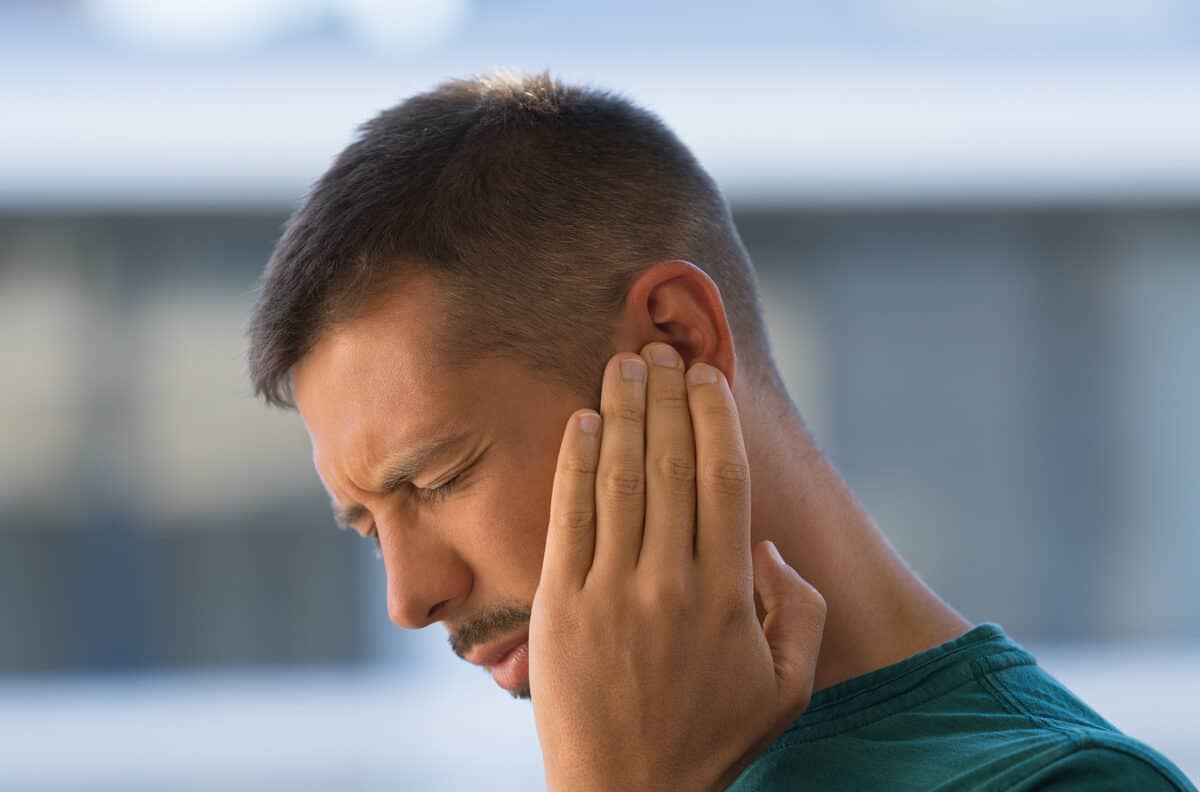Forty-eight million Americans suffer from hearing loss. Age, disease, exposure to noise, medication, and the natural aging process may all contribute to it. While specific causes of hearing loss cannot be prevented, others, like noise-induced hearing loss, may be avoided entirely. Let’s look at some prevention strategies for noise-induced hearing loss.
How to avoid losing your hearing
No matter how healthy you are, you still face the danger of hearing loss if you don’t protect your ears in loud settings. No matter your age or level of hearing loss, protecting your ears while around loud sounds is always a good idea.
Here are some guidelines for achieving this.
Practice using earphones safely: Don’t listen to music at a volume that is more than 60% of the maximum by following the 60/60 rule. After that, take a break after listening for 60 minutes. You may utilize the settings in several apps to limit the volume automatically.
Reduce noise: Avoiding excessive noise as much as you can is the only approach to stop hearing loss brought on by noise. Generally speaking, you can tell whether noise is dangerous for you if:
- You have to shout to be heard.
- You cant hear what others are saying even though they’re standing next to you.
- Your ears are ringing after the event.
Decibels (dB) are used to measure noise levels; the greater the number, the louder the noise. Any sound above 85 dB may be harmful, especially if you’ve been exposed to it for more than an hour.
Your smartphone has free sound level meters that you may use to monitor the noise around you. These display noise levels in decibels and may even alert you to potential hearing loss.
Use ear protection: The best method to safeguard your ears from noise is to avoid loud activities. However, if you can’t avoid loud sounds, use hearing protection. They don’t entirely silence the sound, but hearing protection devices reduce the volume entering your ear to a safe level.
Regularly test your hearing: Just like an eye exam, a yearly hearing test enables you to keep track of your hearing progress and, if necessary, make necessary modifications. Your hearing expert will compare each audiogram you get to the previous one to determine how your hearing has changed and identify potential threats, such as earwax accumulation and noise-induced hearing loss. Finding a slight hearing loss may be beneficial since it enables you to halt a severe hearing loss progression.
How to lessen hearing loss’s negative consequences
What if you have already experienced changes in your hearing?
Finding that your hearing is becoming worse may be pretty unsettling. Hearing loss develops exceptionally gradually for most individuals, and the early stages sometimes go unrecognized. Others may notice that a person is not listening as well as they once did, but they often avoid bringing it up out of embarrassment. However, melancholy, dementia, and a loss of independence are just a few symptoms linked to untreated hearing loss.
Speaking before the debate in the European Parliament last year, authorities suggested hearing aids to lessen the effects of hearing loss.
According to Mark Laurens, president of the European Hearing Aid Professionals Association, “Good hearing therapy and the use of hearing aids not only contribute to enhanced hearing and comprehension but also enable individuals to stay independent and live life to the fullest” (AEA).
Academics who participated in the conversation shared their research that supported this viewpoint. Here are some particular ways that hearing aids might lessen the effects of hearing loss:
Reduced dependence: A recent research by Professor Hélène Amieva, a neuropsychologist, was based on information from 3,777 older adults who were followed for 25 years. The research showed that hard-of-hearing individuals who use hearing aids had the same likelihood of maintaining their independence as those with normal hearing. She concluded that those who experience chronic hearing loss regularly run a more significant risk of becoming reliant on others.
Restoring life quality: At the same session, Bridget Shield presented the findings from her research, “Hearing Loss-Numbers and Costs.” According to the poll, hearing aids and other hearing aids improved user quality of life and physical safety. Additionally, research revealed that people with untreated hearing loss are more likely to experience social exclusion, depression, cognitive decline, and dementia. Comparatively, people who care for their hearing loss do not have a greater risk than those who do not.
Too many individuals take far too long to recognize hearing loss and take appropriate action. If hearing aids are what you need, the sooner you begin using them, the better and faster you will be able to adjust to them. This will allow you to stay connected and avoid all the problems that might result from putting off the problem.

